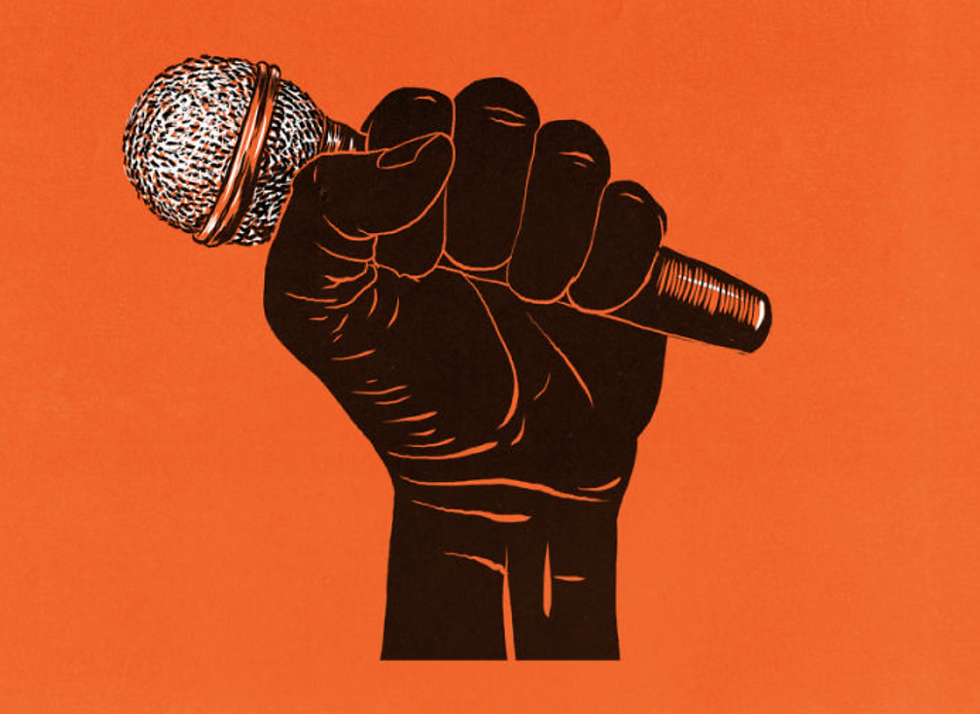Is the College Board Good for Students?
- East Spotlight Newspaper
- Feb 29, 2024
- 3 min read
Updated: Mar 14, 2025
College Board is a not-for-profit organization responsible for administering PSAT and SAT Tests, running AP Classes, and providing educational resources to high schools, making the organization a significant presence in high school student’s lives. However, the organization has been criticized for exploiting students rather than helping them, with high test costs and additional fees, as well as the amount of stress they give students.
One of the biggest complaints about the organization is the amount of money it makes. Despite being classified as a non-profit organization, College Board made over $140 million in 2022, and CEO David Coleman made $2 million. The issue students have with the large profit College Board makes is that it charges a large amount for their tests. Currently, College Board charges $98 for most AP tests, and $60 for the SAT. Students also complain about how much influence the College Board has over education. Junior Beckett Nelson Gardner felt that, “they’re not very heavily regulated as far as I know and they have a whole lot of reach [which] means that they kind of hold almost too much power.” Another complaint is that the College Board only worsens the competition surrounding college admissions. Cora Smith, another Junior, felt that, “more people are taking [AP Classes] regularly instead of taking honors or normal class options, it's putting unnecessary academic pressure and expectations on students to be taking these difficult classes that are supposed to be seen as an additional challenge” In addition to issues with AP classes, critics argue that the SAT unfairly disadvantages low-income students, since they aren’t able to take expensive SAT prep courses, or take the test multiple times. These factors are among many reasons that College Board remains so poorly perceived among students, having only a “C” ranking from the Better Business Bureau.
However, despite these criticisms, there are several reasons people list when defending The College Board as well. For AP classes, one benefit according to Smith was, “The opportunity to get college credit as a way to save money when I do actually go to college and making it so colleges are more likely to accept me or offer scholarships.” The College Board also offers multiple scholarships to students, and partners with multiple other organizations to award scholarships, totaling 1.5 billion per year. Additionally, though the SAT is criticized for the racial and economic gaps in test scores, defenders of the SAT point out that these differences are the result of academic inequality, rather than the test itself. Plus, according to the New York Times, though many colleges have dropped SAT requirements in recent years, the SAT is often a better indicator of how successful a student will be on a college campus than other factors, in part due to grade inflation making it harder for high achieving students to stand out. Additionally, the SAT may be more equitable than other activities considered in college admissions, since scoring well on the SAT is easier to achieve than participating in multiple expensive extracurriculars, receiving higher quality letters of recommendation from private school teachers with far less students, or receiving extra help in editing college essays, all of which are much easier for students from wealthier families.
The continuing fight over The College Board’s role in education leaves students confused. Smith complained that with regards to the SAT, colleges, “Either should require it or not have it at all anymore because having it be different for different colleges that you apply to makes it a difficult choice whether to take the SAT or not.” A 2022 survey by College Board reported that one in three US high school graduates say they’ve taken at least one AP exam. Considering College Board’s largely growing role in education, it becomes increasingly important to ensure the success of high school students.



Comments